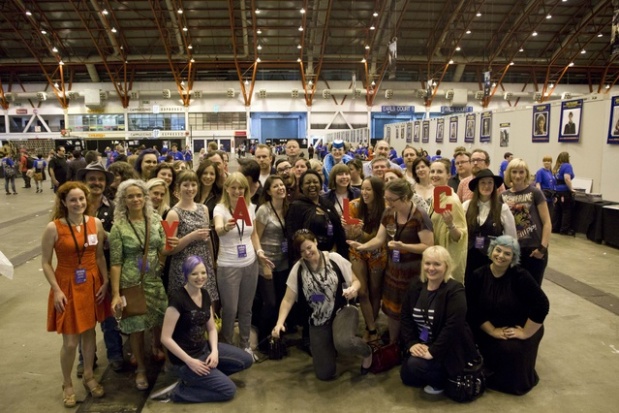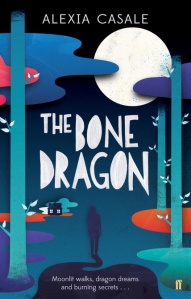When I’m well and into the swing of a project, I can happily churn out at least 3K per day and usually 4.5-6K at the end. With editing, 10 pages is a minimum.
But sometimes the words or edits just won’t come. Either I’m under the weather, or my brain is solving a problem, or I just don’t quite know how to get from where I am to the next plot point, or I’ve got some paperwork to sort (noooooooo! not the paperwork!!!!!!!! It’s worse than the writing!!!!!!!).
For whatever reason, sometimes I just can’t settle into a rhythm of work and it’s more than just an issue of getting started (if it’s that, do a writing sprint or make a pact with an author friend). Sometimes it’s a bigger problem and I’m stuck in a rut for days on end. When that happens, I keep myself going with a motto that really goes against the grain for me:
Something is better than nothing.
It’s not a motto to let myself off being lazy – I’m a ‘progress, progress, be productive, make progress’ person. Instead, it’s a motto to comfort myself when I can’t work and it’s not a fixable problem. Right now, for instance, I’m struggling to get anything done because I’ve had suspected Covid-19 since March 2nd and, though I’m getting longer spells between cycles of the fever-cough-exhaustion, it’s obviously not done with me yet. Even so, I’ve managed to edit one book and put a fresh polish-edit coat of paint on two others. I did this by telling myself – all day, every day – that
Something is better than nothing.
Some days I did a single sentence. A few days I didn’t even manage that. If I didn’t, I tried to read at least one high-quality piece about writing or books or screenwriting or history or art… something to feed my knowledge and imagination. And then I tried again to do at least one sentence. And if I managed that, then I tried for a paragraph, a page, until I couldn’t do any more. Sometimes that added up to very little, but even a sentence is a something instead of a nothing.
Some days things went well and I did a real chunk of work and of course that helped a lot – though it was extra dismal to plunge from a day like that into ‘I put a sentence in. Then I took it out. Then I spotted a typo in the next sentence. Now I’m done, brain dead, gone, bye, I’m a zombie now and zombies don’t write/edit’.
Still, slowly but surely all the somethings added up. Not half as quickly as I wanted, but they got me there. And though I’m a sprinter, not a marathon runner/writer/what-have-you, I’m also a professional and I know that when something’s not working I need to put a new tool in my toolbox to help me fix the problem and keep me ticking on towards my goals – I can’t just sit there and wait for it all to get easier (word to the wise: ain’t happening).
‘Something is better than nothing‘ is a great tool. Just remember, it’s there for when you really can’t – not as an emotional sop for when you can but won’t.









